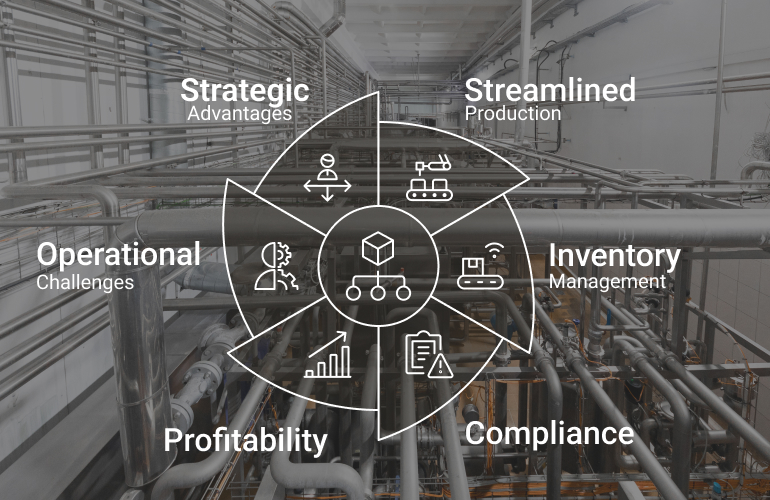The steel tube and pipe manufacturing industry faces complex challenges—precision-driven production, stringent quality standards, volatile material costs, and tight deadlines. ERP software tailored for this sector can transform operations by unifying processes, enhancing visibility, and driving profitability. Here are the top 10 benefits of implementing ERP in steel tube and pipe manufacturing:
Contact us